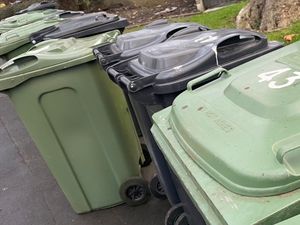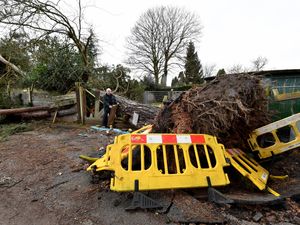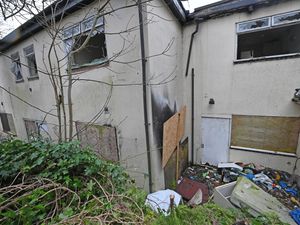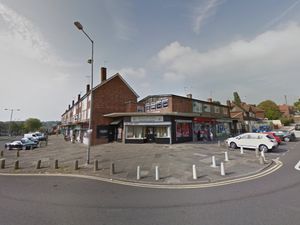'Check before you chuck' warning ahead of Wolverhampton Council recycling crackdown
Wolverhampton Council says it will stop collecting recycling waste that isn't put out for collection correctly, saying 'contaminated' bins are costing the taxpayer.
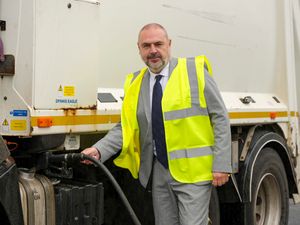
Residents are being asked to 'check before they chuck' in an attempt to improve the quality of recycling put into household bins.
The contamination of non-recyclable items has so far cost the taxpayers more than £185,000 a year to deal with. To try and tackle the issue, from Monday, January 29, recycling bins will no longer be collected if they contain incorrect items.
Councillor Craig Collingswood, cabinet member for city environment and climate change at the City of Wolverhampton Council, said: "Bins that contain contaminated items are costing the council taxpayer a significant amount of money to dispose of and we just can’t keep collecting them.
"Therefore, from January 29, we have no choice but to stop collecting contaminated bins to reduce the costs associated with additional disposal. Money saved will be available to use on other services provided by the council."
Tags will now be placed on recycling bins that contain incorrect items, and residents asked to remove anything that shouldn't be there.
Residents will then need to take the bin back in, remove the incorrect items and dispose of them correctly.
Councillor Collingswood continued: "If people do receive a tag, they can either remove the contaminants and present their bin again on their next scheduled collection, put them in their general household waste bin or they can take their waste to one of the city’s Household Waste Recycling Centres (tips).
"We are very clear that we have a commitment to recycling in Wolverhampton and I would like to thank everyone who puts the right items in the recycling bin. We’d encourage all our residents to get on board and help us to create a greener city."
The new tagging system follows an educational work carried out by the council's waste services team, which includes educational stickers being attached to every household recycling bin and information shared on social media channels.

